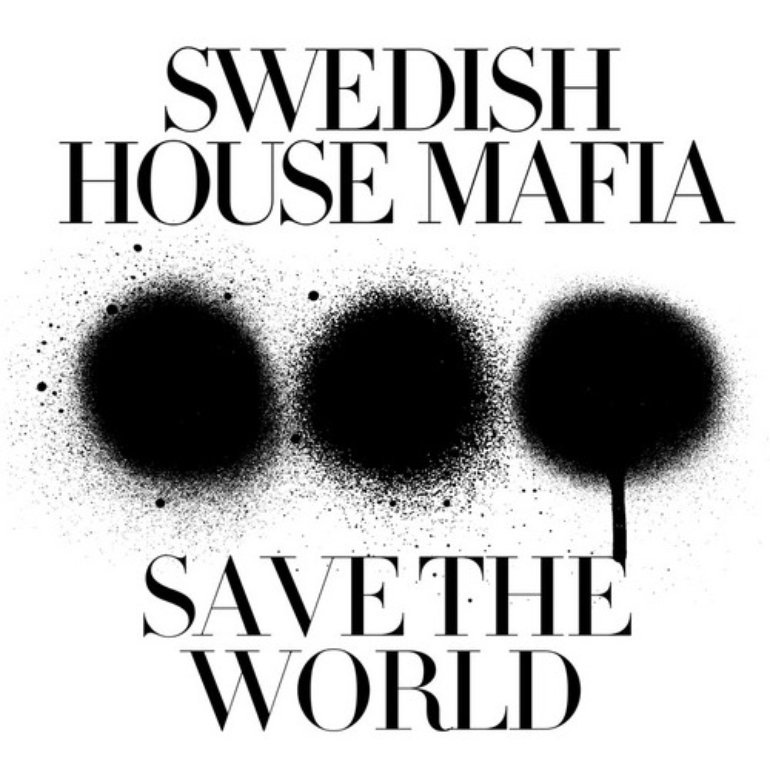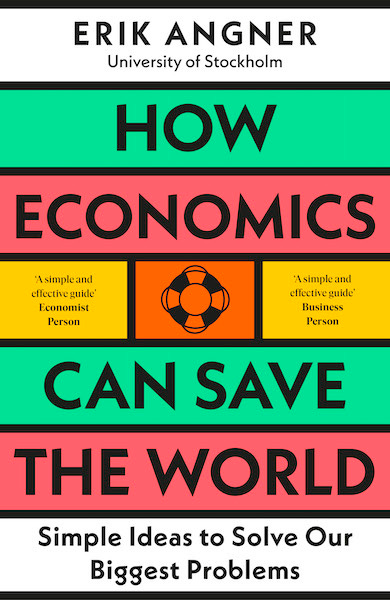Saving the world!?
What does it mean to say that economics can save the world?
Consider, by analogy, the claim “Modern medicine can cure disease.” The claim is true enough, given the way we ordinarily use those words. But what does it mean?
Here are some things it does not mean:
It doesn’t mean that all modern medicine cures. Some medicine is preventative, and not even intended to cure disease. Some medicine is ineffective, even when intended to cure. Some cause actual harm.
It doesn’t mean that everything that cures is modern medicine. Some conditions cure themselves over time. Some are cured by other interventions. Maybe laughter is, indeed, the best medicine.
It also doesn’t mean that modern medicine works on its own. Medical interventions – from surgery to prescription medicine to cognitive behavioral therapy – often need to be combined with a healthy diet, exercise, rest and relaxation, etc. Modern medicine is a complement, not a substitute, to other interventions.
Finally, it doesn’t mean that modern medicine works by magic. Modern medicine needs a skilled practitioner, with knowledge and empathy, communication skills and compassion, professional ethics and maybe a sense of esthetics too. Modern medicine also requires a certain degree of trust and buy-in from patients and their loved ones. It requires access to the resources required so that patients can afford to procure the pharmaceuticals and afford the rest and relaxation.
If “modern medicin can cure disease” meant that it works magically and on its own 100% of the time, in the manner of a silver bullet, then modern medicine couldn’t cure disease. Neither could anything else. But that is not what it means.
“Given the right conditions, and in the hands of a skilled practitioner, the judicious application of economics makes a sizable difference to the chances of saving the world.”
What it does mean to say that modern medicine can cure disease is something like: “Given the right conditions, and in the hands of a skilled practitioner, the judicious application of modern medicine makes a sizable difference to the chances of curing disease.”
That’s exactly what I mean when I say that economics can save the world. It’s not as though every bit and piece of economics can save the world. Some aren’t intended to and many don’t. It’s not as though economics is the only thing that helps. Economics is a complement to other efforts, not a substitute for them. Economics won’t work magically and on its own. It needs a skilled practitioner, buy-in from politicians and the public, proper access to relevant resources, and a good grounding in ethics and esthetics.
If “economics can save the world” meant that economics worked magically and on its own 100% of the time, in the manner of a silver bullet, it wouldn’t be able to save the world. Nothing could. But that’s not what it means.
What it does mean to say that economics can save the world is something like: “Given the right conditions, and in the hands of a skilled practitioner, the judicious application of economics makes a sizable difference to the chances of saving the world.”
And that’s true. If you don’t believe me, I have a book recommendation for you.




